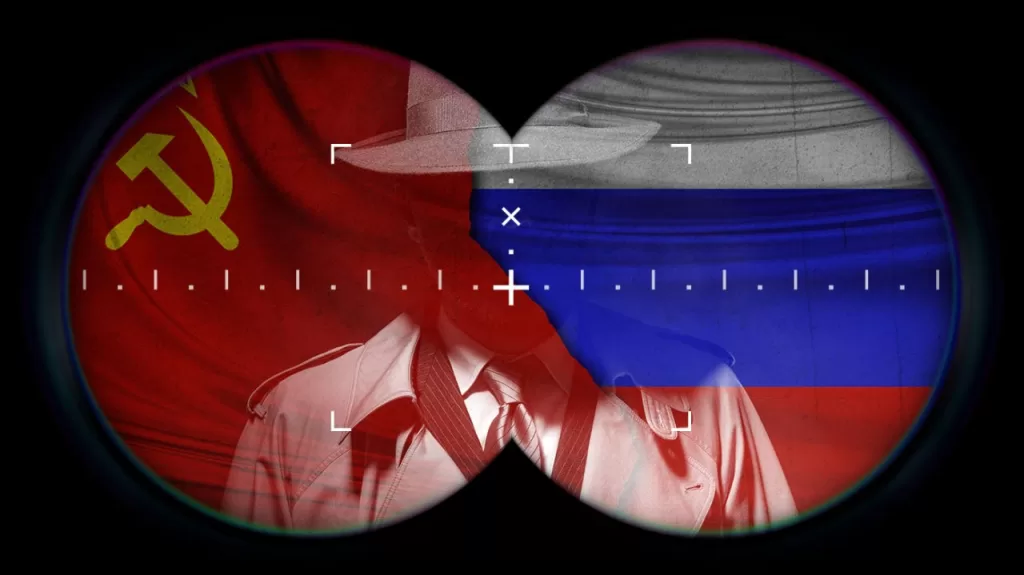Quick Bytes
- Russia revives Cold War-era spy-hunting unit SMERSH to target Ukraine.
- Putin’s intelligence services intensify espionage and sabotage, posing a threat to NATO.
- Poland’s counterintelligence efforts successfully disrupt Russian spy networks on its soil.
- Real-world espionage increasingly mirrors the fictional world of James Bond.
Summary
The UK’s Defense Intelligence has disclosed that Russia is reactivating its Cold War spy-hunting group, SMERSH, to pursue alleged traitors in Ukraine. This move aligns with President Putin’s directive for Russian counterintelligence to enhance its operations. The resurgence of such tactics signals a warning to the US and NATO about the potential for sabotage and espionage reminiscent of Cold War narratives.
Current global tensions, including conflicts in the Middle East, North Korea’s provocations, China’s stance on Taiwan, and Russian aggression, underscore the importance of counterintelligence. NATO and democratic nations must remain vigilant against these insidious threats. Russia’s intelligence services are not only targeting Ukraine but have also extended their espionage activities to NATO member Poland, where they have attempted to disrupt military support for Ukraine.
Poland’s counterintelligence, particularly the Internal Security Agency (ABW), has been effective in thwarting Russian espionage, resulting in numerous arrests. Despite these successes, the escalation of guerrilla warfare tactics by Russian proxies in NATO territories raises concerns about potential conflicts escalating beyond covert operations.
The article also touches on the cultural impact of James Bond, noting the parallels between the fictional SMERSH of Ian Fleming’s novels and the historical reality. The recent Polish court convictions of 14 individuals linked to a Russian spy ring highlight the ongoing battle against espionage and sabotage. The author, Christopher P. Costa, emphasizes the relevance of fictional narratives in understanding and addressing real-world intelligence challenges.



